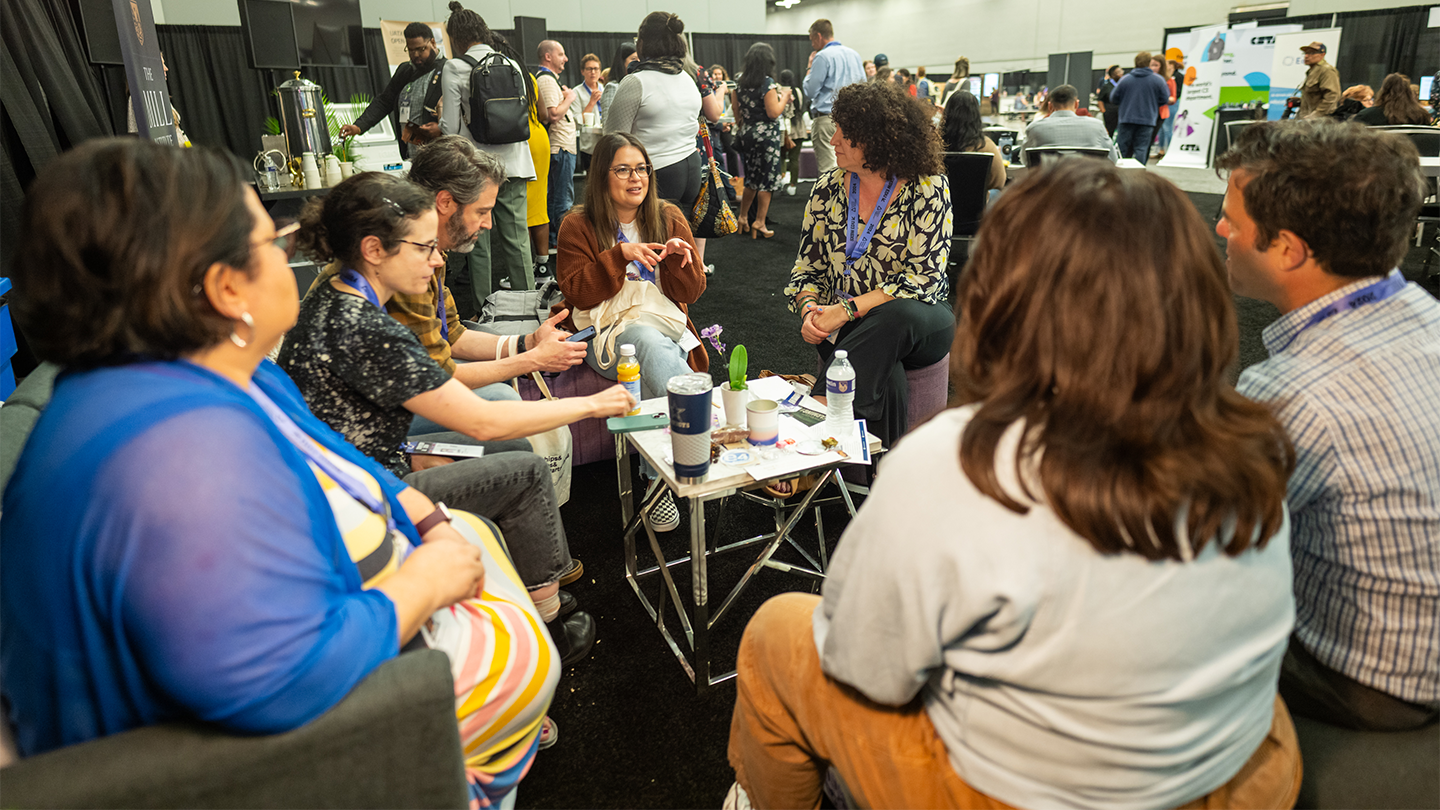
Recently, the concept of neurodiversity has begun reshaping the educational landscape, bringing a deeper understanding and empathy for learners with neurological differences. Neurodiversity encompasses a range of conditions, including autism, ADHD, dyslexia, and more. It is important to shift our perspective and recognize these neurological differences not as deficits, but as variations in human brain function. We must embrace neurodiversity in schools and the workplace and learn the benefits of creating and implementing a more inclusive learning environment.
Traditionally, educational systems default to benefit the “neurotypical” student, often neglecting those who think, learn, and interact differently. In a study conducted by the National Library of Medicine, neurodivergent students rated themselves significantly lower on self-advocacy, reported greater social challenges in college settings, and generally have lower graduation rates than their neurotypical counterparts. So, how can we advocate and enhance learning for the 15-20% of the world’s population that exhibit some form of neurodivergence?
Neurodivergent individuals bring a unique set of skills and perspectives that can enhance collaborative learning and creativity. When more educational institutions recognize these strengths and diverse cognitive abilities, it creates an environment where all students can thrive.
Schools and educational institutions have made strides in accommodating neurodiverse students. Hear from experts and education leaders at SXSW EDU 2025 about how they are creating more inclusive learning environments that allow neurodivergent students to thrive in their learning.
Favorite These Sessions
“Masking” is a learned coping strategy people with autism use to appear neurotypical, which can negatively impact mental health. Attend the Panel Beneath the Mask: Autism in Education with Maeve Doonan, Andrew Harris, Jessica Pappagianopoulos, and Grant Sparks to hear a mix of first-hand experiences and clinical expertise regarding ways to disrupt systems that may perpetuate the pressure to mask.
With rising neurodivergent recognition, learn how AI can revolutionize support and enhance personalized learning in the Panel Community-Driven Approaches to Inclusive AI Education with Maya Israel, Lindsay Jones, Alex Kotran, and John Marble. School systems have overcome challenges in mainstreaming students with learning differences through AI-driven resource allocation, personalized educator training, and tailored support.
Network with educators, students, and families in the Meet Up Neurodiverse Educators, Learners, & Families Meet Up with Anna Belle Burleson from The Safe Alliance and Nichole Miller from Indeed to discuss how neurocognitive abilities can be highlighted in school and the workplace.
Learn from Claire Astle, Katie Novak, Tisha Poncio, and Jess Rowlings in their Panel Staying Spicy: Elevating the Power of Neurodiversity as they discuss how inclusive learning environments can spotlight the strengths and benefits that neurodivergent individuals bring to the classroom and workplaces.
Learn how extended reality (XR) can be used to make classrooms inclusive in the Conversation XR as a Neurosolution: In Theory & in Practice with Rebecca Hite, a special education teacher and research scientist. She works directly with students with ADHD and will share how XR works to make classrooms more inclusive.
Explore more
Get excited for SXSW EDU 2025 from March 3-6 in Austin, Texas. Register today and stay updated on all things SXSW EDU by subscribing to our newsletter and following us on Facebook, Instagram, LinkedIn, Threads, TikTok, and X.
Photo by Tico Mendoza.
